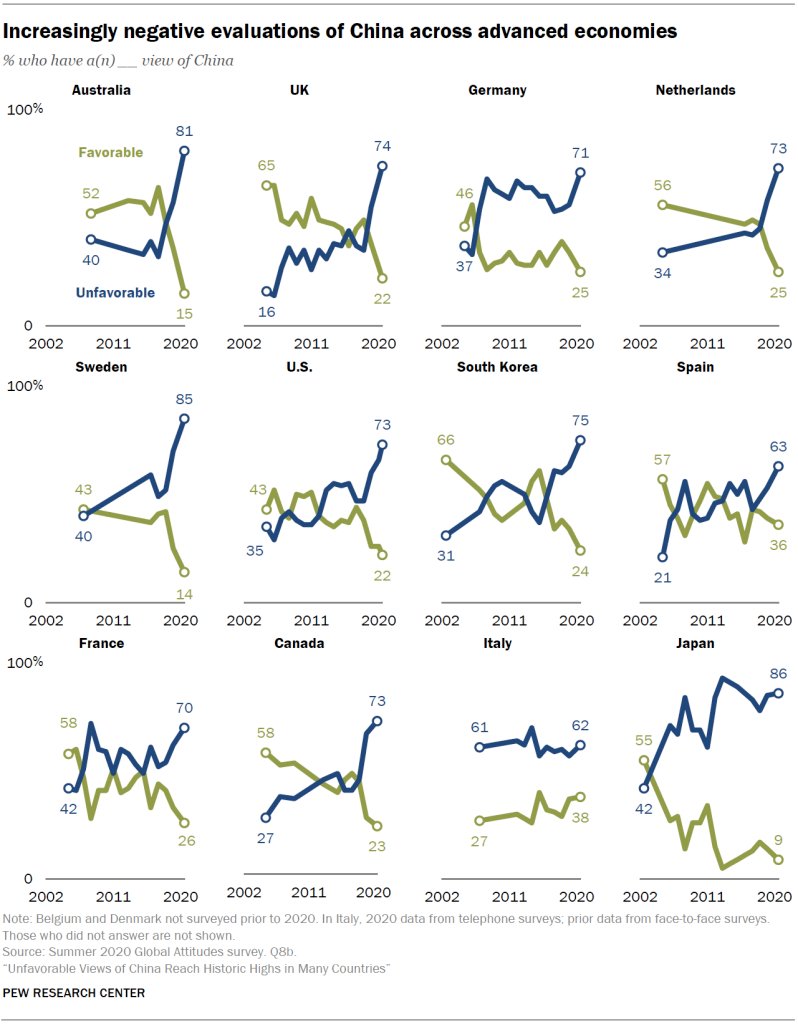
3/In fact it was always pretty obvious that Milgrom would win it, and his thesis advisor Wilson is no slouch either!
marginalrevolution.com/marginalrevolu…
marginalrevolution.com/marginalrevolu…
marginalrevolution.com/marginalrevolu…
marginalrevolution.com/marginalrevolu…
4/But the fact that the prize was given for auction theory shows how the field of economics is changing.
Auction theory, unlike many econ theories, makes mathematically precise and accurate predictions that can be used to create real-world technologies that really work!
Auction theory, unlike many econ theories, makes mathematically precise and accurate predictions that can be used to create real-world technologies that really work!
5/Many econ theories are just mathematical parables. They have equations in them, but the variables don't correspond exactly to real things.
For example, take Milgrom's model of financial market trading (with Lawrence Glosten):
web.stanford.edu/~milgrom/publi…
For example, take Milgrom's model of financial market trading (with Lawrence Glosten):
web.stanford.edu/~milgrom/publi…
5/This model separates traders into several distinct types -- informed traders, market makers, and noise traders. That's a useful way to think about asymmetric information in trading! But in real life, people aren't neatly divided into those types.
web.stanford.edu/~milgrom/publi…
web.stanford.edu/~milgrom/publi…
6/Auction theory is different. Unlike stylized models that tell stories, auction theory can make quantitative predictions. And that can help people design auctions that yield consistently better outcomes.
nber.org/papers/w14765
nber.org/papers/w14765
7/Getting auction theory right is complicated and difficult, because auctions themselves are complicated and difficult. That's why Milgrom and Wilson's work was so impressive.
afinetheorem.wordpress.com/2020/10/12/ope…
afinetheorem.wordpress.com/2020/10/12/ope…
8/Milgrom and Wilson famously helped the FCC auction wireless spectrum rights efficiently.
But auction theory has a very broad array of real-world uses. Google's entire revenue model is powered by auction theory.
wsj.com/articles/SB108…
But auction theory has a very broad array of real-world uses. Google's entire revenue model is powered by auction theory.
wsj.com/articles/SB108…
9/Nor is auction theory the only kind of economic theory that produces such precise, accurate, useful results. Matching theory, which won the Nobel in 2012, is another example.
nobelprize.org/prizes/economi…
nobelprize.org/prizes/economi…
10/Auction theory is one of several reasons that economists are getting jobs in the private sector. There are now econ theories that work so well in the real world that they're economically valuable.
Economists are becoming engineers.
Economists are becoming engineers.
11/As more economic interactions happen between computers, expect this trend to continue. Algorithms are pretty close to the idealized "homo economicus" that economists' theories are well-equipped to deal with.
12/John Maynard Keynes famously said: "If economists could manage to get themselves thought of as humble, competent people on a level with dentists, that would be splendid."
Perhaps they won't be dentists, but engineers.
(end)
bloomberg.com/opinion/articl…
Perhaps they won't be dentists, but engineers.
(end)
bloomberg.com/opinion/articl…
• • •
Missing some Tweet in this thread? You can try to
force a refresh









